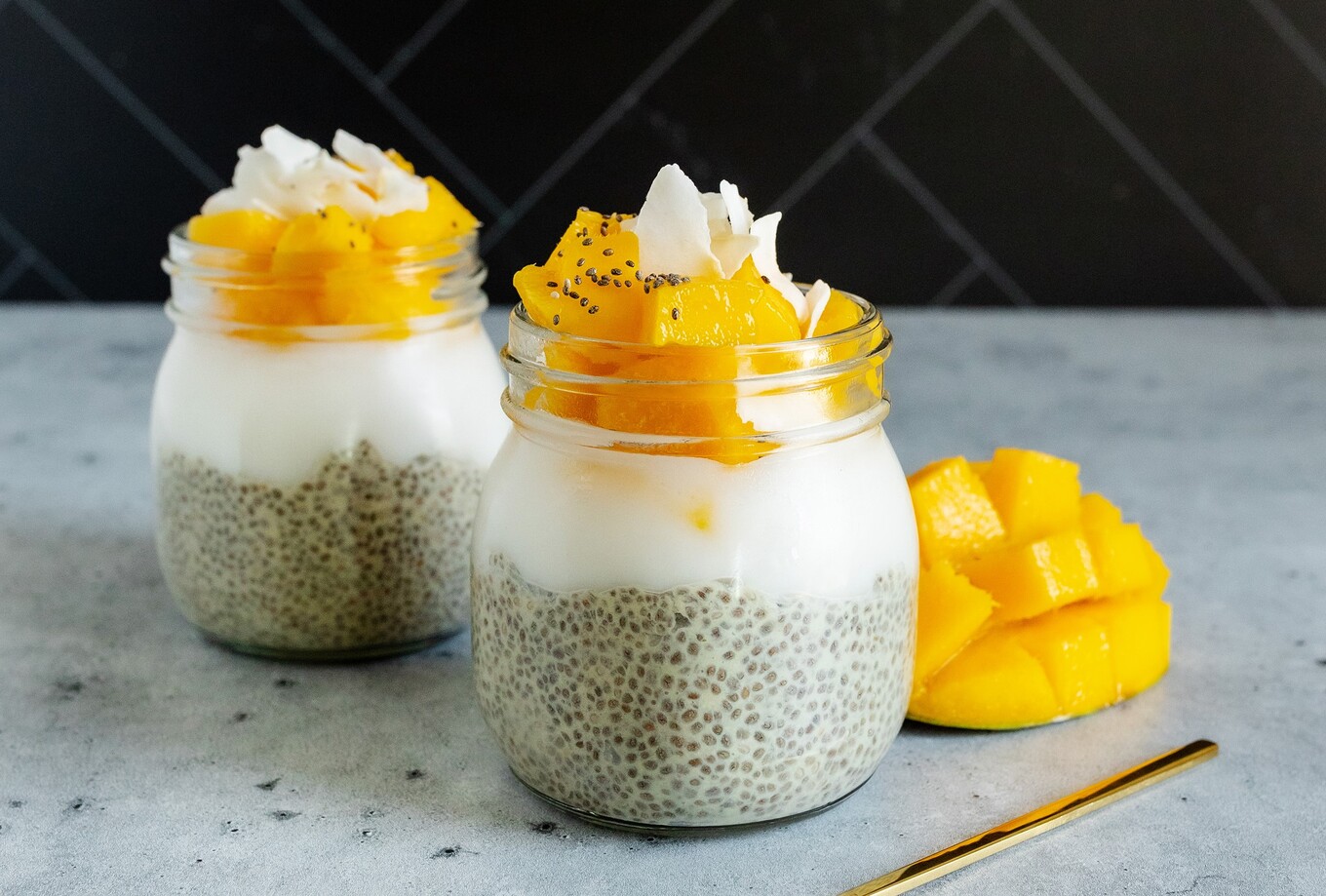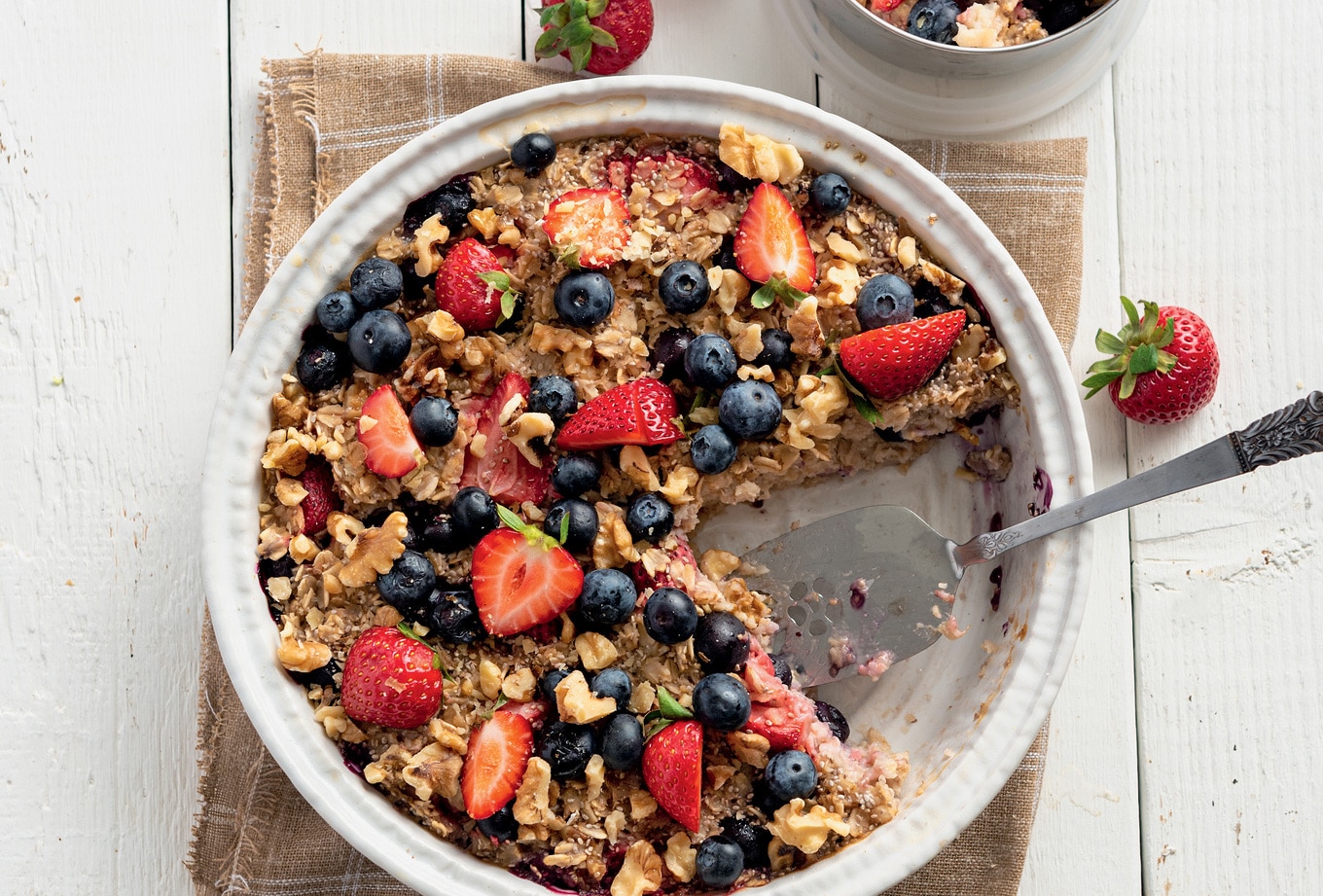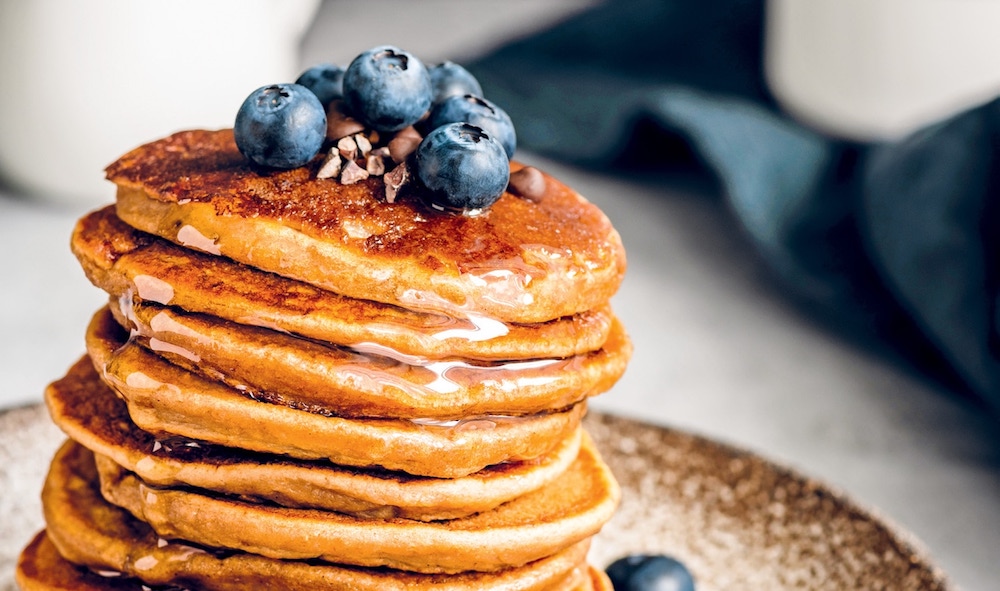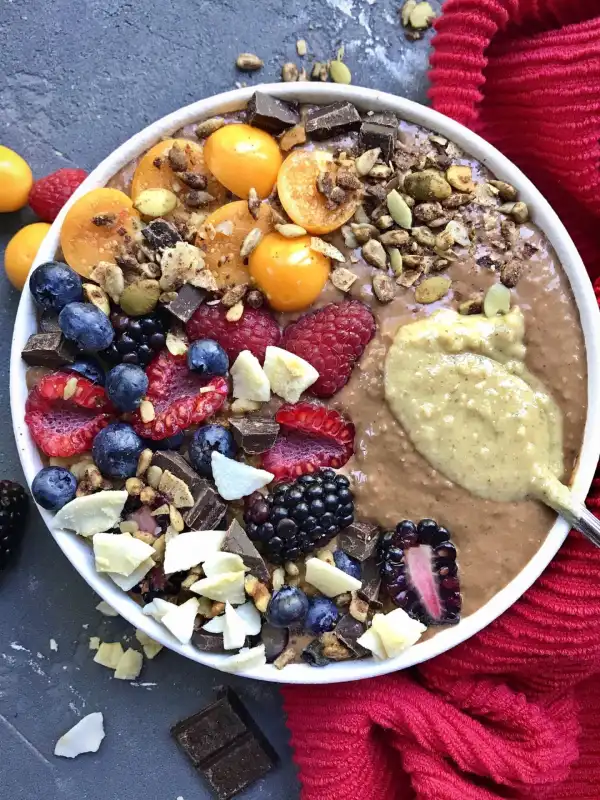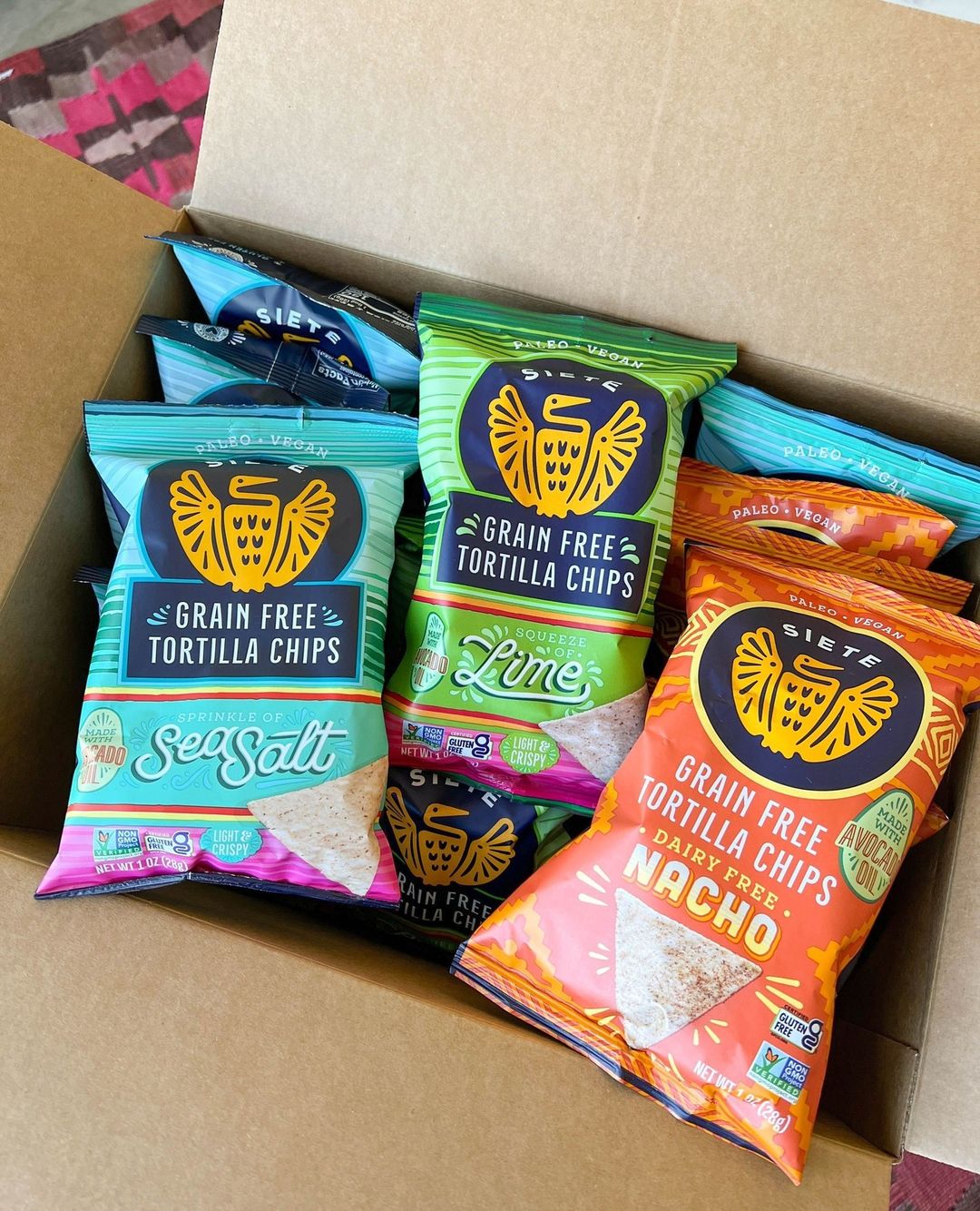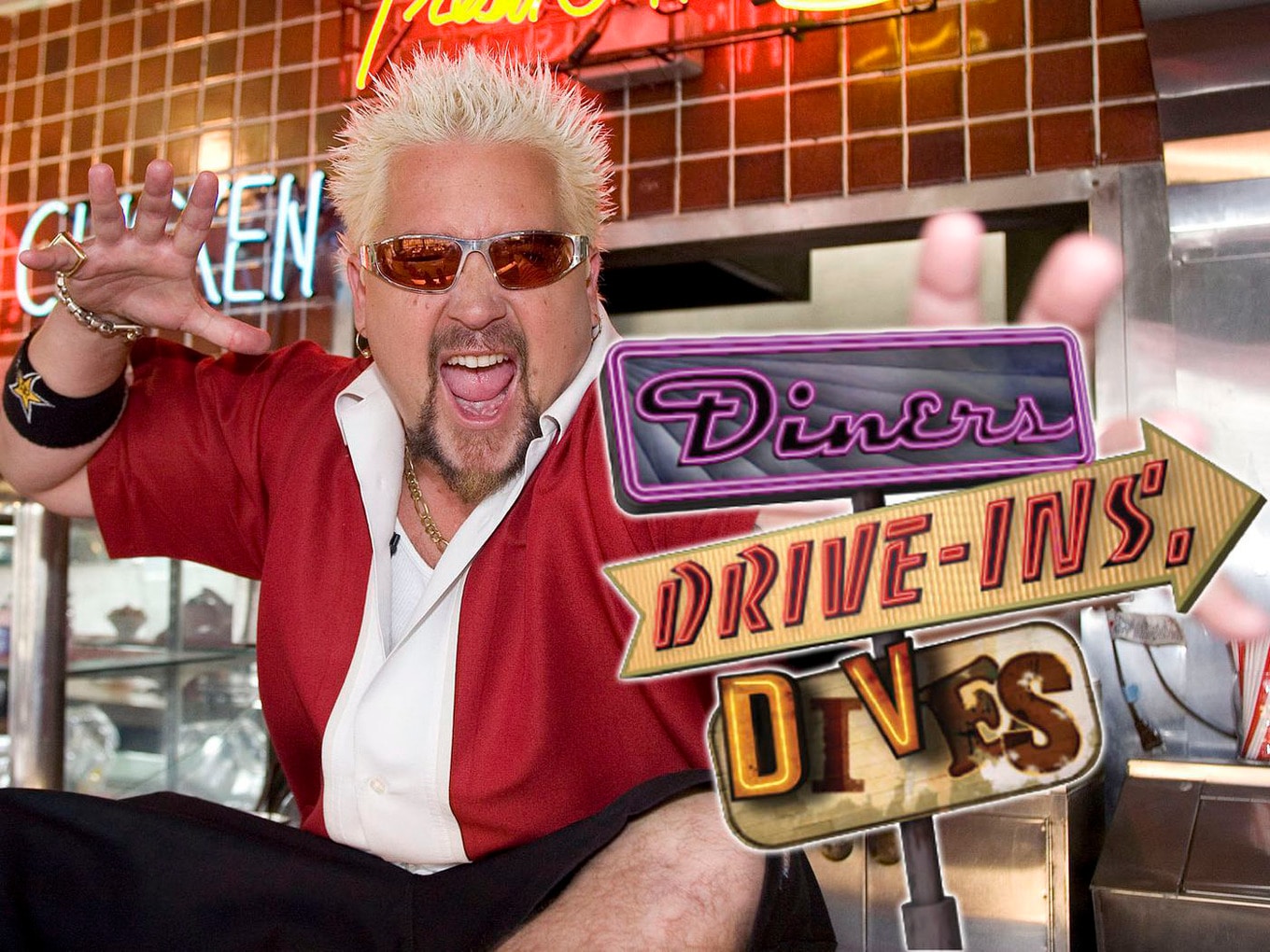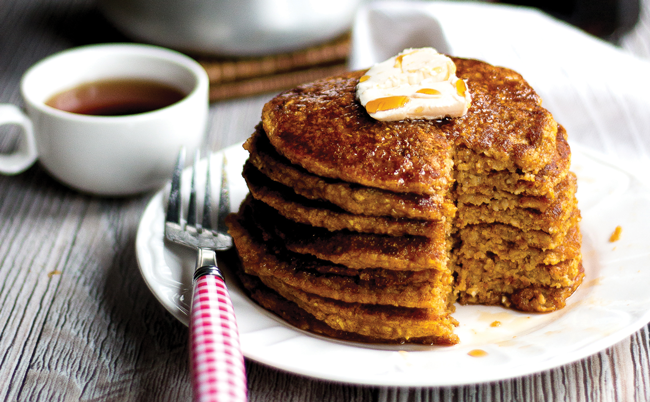If you’ve ever found yourself piling up your dishes by the sink, promising to wash them later, or trying to summon up the energy to work out, only to vow to yourself to get up early for a run or a yoga session the next day, you’re not alone.
Very few of us are immune from procrastination. Earlier this year, one survey revealed that 99 percent of Americans admit to procrastinating sometimes. According to the research from Solitaired, the worst offenders for prompting this procrastination are, perhaps unsurprisingly, household chores, exercise, and medical appointments.
But putting things off doesn’t make us feel that good in the long run. The survey also suggested that for nearly 80 percent of Americans, procrastination leads to feelings of anxiety. Procrastinating on tasks like exercise and healthy eating (which was also listed in the top 10 activities Americans are most likely to put off) can also make us feel sluggish and run down. Research suggests that both are important for keeping a clear mind and helping us to feel more alert.
Procrastinating can also lead to unhealthy spirals. The more you put off the task, the harder it is to do, the worse you feel, and then it’s even harder to get motivated. We have all been there.
Beating procrastination completely is hard, especially in a world dominated by social media algorithms and the 24-hour news cycle, but there are things we can do to help ourselves. Many experts say that introducing a few healthy foods into our diets may make a difference in how we feel, which may make us less likely to procrastinate as often.
Pexels
Table of Contents
Why do we procrastinate?
In order to stop procrastinating, it’s important to understand why we do it in the first place. Often, the tasks we’re putting off won’t take that long to complete—a few minutes to answer an email, 10 minutes to do the dishes, 30 minutes to work out—and yet they still feel difficult to prioritize. But why?
It’s largely to do with emotion, says Fuschia Sirois, PhD, a professor of psychology at the University of Sheffield in the UK. “We say that procrastination is essentially irrational,” she told The New York Times. “It doesn’t make sense to do something you know is going to have negative consequences. People engage in this irrational cycle of chronic procrastination because of an inability to manage negative moods around a task.”
So in essence, it’s a coping mechanism, but it only works in the short term. We don’t want to deal with the boredom of doing the dishes right then, so we put it off until later. The email gives us anxiety, so we kick it down the line. Sometimes, it’s about deeper feelings, like insecurity or imposter syndrome. But, ultimately, procrastination doesn’t deal with any of these feelings, it just briefly postpones them.
But it gets worse. During that period of postponement, we also feel negative emotions about the procrastination itself; we feel angry or disappointed with ourselves for not getting on with the task.
 Pexels
Pexels
How do you overcome procrastination?
To overcome procrastination, we have to go easier on ourselves, experts maintain. According to one study by Sirois, self-compassion is key, because it helps to reduce psychological distress, and when we’re less stressed, we’re less likely to procrastinate. Essentially, being kinder to ourselves helps to break the self-sabotaging loop that procrastination survives on.
This is just one part of a bigger battle to overcoming procrastination, but there are many different approaches you can try to make things easier. According to Calm, a meditation-focused software company, you can try techniques like the two-minute rule, for example, which “suggests that if a task takes less than two minutes to complete, you should do it immediately instead of postponing it.”
You can also break down big tasks into small, manageable steps, and reward yourself for those steps when you complete them. Are you struggling with a big work task, for example? Write a plan, and then grab a coffee. Don’t want to work out? Just do 15 minutes, and listen to your favorite song or a podcast as you go.
Another action you can take to help get you in the best frame of mind for overcoming procrastination is to take small steps to improve your diet.
 Pexels
Pexels
Does diet affect procrastination?
There are many reasons we procrastinate, and changing your diet might not work wonders for productivity overnight, but it’s true that the Western diet, also known as the Standard American Diet (SAD), isn’t set up to maximize focus and may be making procrastination worse.
SAD is high in ultra-processed foods and saturated fat, and it’s also a major source of refined sugars. According to the American Heart Association, every day, American adults consume around two to three times the recommended daily allowance of refined sugars, in products like fizzy drinks, candy, cookies, cakes, and pies.
Most experts agree that these foods are fine in moderation, but when you eat them excessively, it can have a knock-on impact on your health and your ability to focus. “Foods high in sugar or refined carbs are the ultimate energy roller coaster—one minute you’re flying high, the next you’re crashing hard,” Sapna Peruvemba, MS, RDN of Health by Sapna told VegNews. “Cue the midday slump—and hello, procrastination.”
Instead, Peruvemba advises opting for foods that will give you a slow, steady release of energy throughout the day. “Go for complex carbs like whole grain bread paired with a healthy fat or protein, like almond butter,” she advises.
And try not to skip meals, either. Yep, it turns out that procrastinating on making lunch will likely only fuel more procrastination throughout the day.
“Think of your brain as a high-performance vehicle—it runs on premium fuel (carbohydrates). Skip a meal, and it’s like driving that car on empty,” explains Peruvemba. “Eventually, you’ll sputter out! Complex carbohydrates are especially crucial because they support serotonin production, which helps stabilize mood and focus, and dopamine production, boosting motivation.”
“Plus, a lack of balanced nutrition can create vitamin and mineral deficits that leave your cognitive function running on fumes,” she added.
5 expert tips to improve focus with food
Eating healthily and regularly can be difficult when you’re caught in a procrastination loop. If it feels overwhelming, consider trying to incorporate just one or two healthy snacks throughout the day, or keeping your water bottle topped up (“being even slightly dehydrated can fog up your brain faster than you think,” says Peruvemba), to help get you started.
If you’re not sure where to begin, we’ve gathered five expert tips from Peruvemba to help you boost focus and put you in a better position to start overcoming procrastination in all areas of your life. We’ve also provided some easy recipe inspiration to help you incorporate these tips quickly and easily. Don’t bookmark this for later, we promise it’s worth a read now. Yes, right now.
1 Prioritize omega-3s
“Omega-3-rich foods are your brain’s best friend,” says Peruvemba. “Walnuts, flaxseeds, and chia seeds (hello, superfoods!) are packed with ALA, while algae offers a plant-based source of DHA—both of which improve memory, cognitive function, and blood flow to the brain.”
Try it in a recipe: Vegan Mango Milk Chia Seed Pudding
2 Eat antioxidant-rich fruits and vegetables
“Don’t forget those antioxidant-rich foods like berries and dark leafy greens,” adds Peruvemba. “They protect your brain cells from damage, helping you stay sharp and focused.”
Try it in a recipe: Vegan Baked Berry Oatmeal
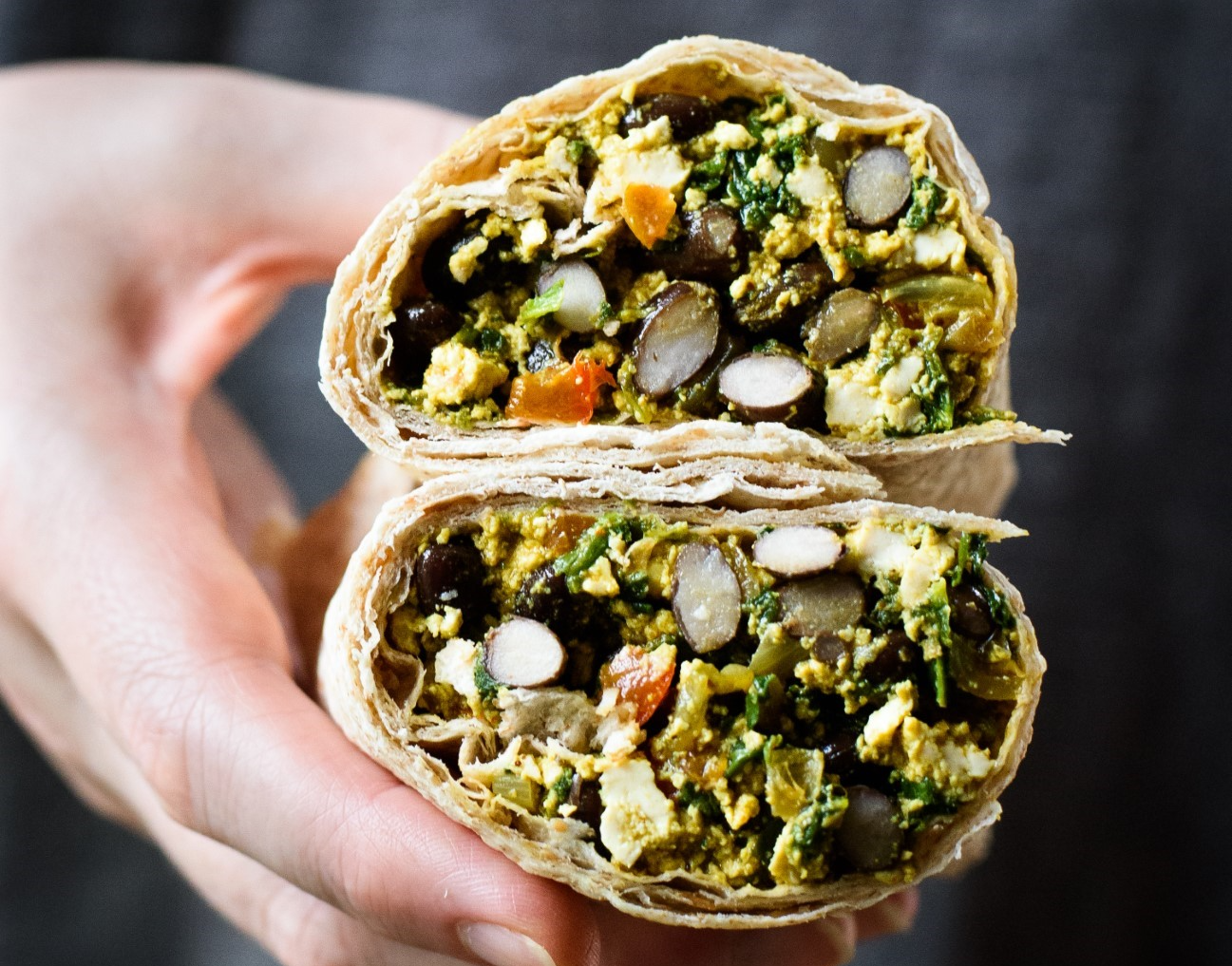
3 Keep up with your B vitamins
“B-vitamins, especially B6, B9 (folate), and B12, are key players in mood regulation and brain health,” continues Peruvemba. “You can load up on most of them by eating a vibrant plant-based diet full of whole grains, legumes, fruits, and veggies. Just don’t forget to supplement with B12—it’s a must for plant-based eaters.”
Try it in a recipe: Vegan Freezer-Friendly Black Bean Breakfast Burritos
4 Stay on top of vitamin D
“Here’s a pro tip,” says Peruvemba. “Don’t sleep on vitamin D! Low levels can lead to low moods. Since many of us don’t get enough sunshine, fortified foods (like non-dairy milk) or supplements are essential.”
Try it in a recipe: Fluffy Vegan Oat Milk Pancakes
5 Try not to skip breakfast
“Think of breakfast as the ultimate fuel for your brain—it’s the spark that lights up your day! A balanced breakfast with complex carbs, protein, and healthy fats can be your secret weapon for steady energy and focus,” adds Peruvemba. “ My favorite brain-boosting breakfast? Chocolate walnut chia pudding. It’s loaded with omega-3s from chia seeds and walnuts, antioxidant-packed cocoa powder, and protein-rich soy milk. Not only does it feel like dessert for breakfast—it’s a powerhouse for both your body and mind!”
Try it in a recipe: Chocolate Walnut Chia Pudding

